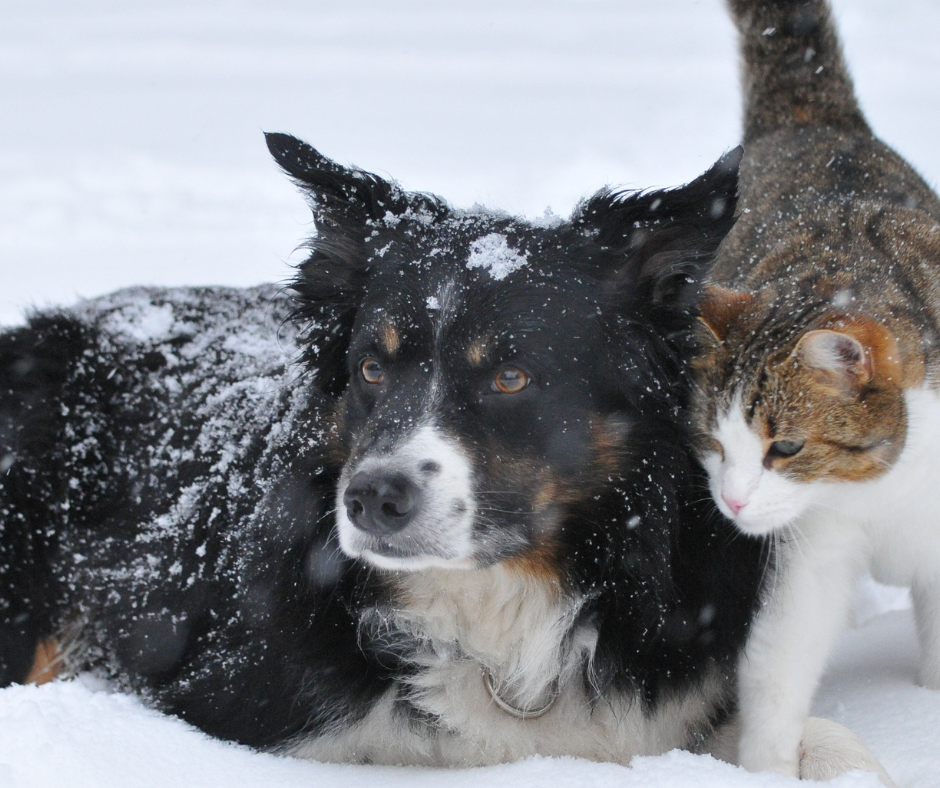Animal Reiki is a form of alternative healing that involves the practice of Reiki, a Japanese technique for relaxation and stress reduction, on animals. It aims to promote balance and well-being in animals by channeling positive energy through the hands of the practitioner. While Animal Reiki is not a substitute for professional veterinary care, it can be a valuable complementary therapy for various behavioral issues in dogs, including aggression.
Dog aggression is a complex behavior problem that can be caused by a variety of factors, such as fear, past trauma, lack of socialization, or frustration. Aggressive behaviors in dogs can range from growling and barking to biting and attacking, posing risks to both humans and other animals. It is essential to address this issue promptly and effectively to ensure the safety and well-being of everyone involved.
One way Animal Reiki can help with dog aggression is by reducing stress and anxiety in the animal. Animals, just like humans, can experience stress and emotional imbalances that contribute to aggressive behaviors. Reiki sessions can help dogs enter a state of deep relaxation, which can aid in reducing their anxiety levels and trigger a healing response. When the dog feels more at ease, it may be less reactive and better able to cope with stressors that previously triggered aggressive responses.
Moreover, Animal Reiki can assist in releasing emotional blockages that may be at the root of the aggression. Negative emotions and traumas from the past can linger within an animal, affecting their behavior and overall well-being. Reiki practitioners believe that by channeling positive energy, they can help clear these blockages and create a sense of emotional harmony. This process may enable the dog to process past traumas and let go of negative associations, leading to a reduction in aggressive behaviors.
Another way Animal Reiki can aid with dog aggression is by enhancing the bond between the dog and their owner or caregiver. During a Reiki session, the practitioner may encourage the owner to be present and participate in the healing process. This involvement can deepen the connection between the dog and their human companion, fostering a sense of trust and security. A strong bond with their caregiver can help the dog feel more supported and less threatened in stressful situations, ultimately decreasing the likelihood of aggressive responses.
Additionally, Animal Reiki can promote a sense of self-awareness and emotional awareness in the dog. By providing a calming and nurturing space during the Reiki session, the dog can become more attuned to its own feelings and emotions. This heightened sense of awareness can lead to increased impulse control and better communication with the owner. Dogs may learn healthier ways to express themselves and seek assistance when they feel overwhelmed, rather than resorting to aggressive behavior.
It is important to note that Animal Reiki should always be conducted by a trained and certified practitioner who understands the specific needs of animals and their behavior. Additionally, it is crucial to work in conjunction with a qualified veterinarian or animal behaviorist to address the root causes of the aggression comprehensively.
In conclusion, Animal Reiki can be a valuable tool in helping with dog aggression by reducing stress, releasing emotional blockages, enhancing the human-animal bond, and promoting self-awareness in the dog. While it is not a standalone solution for aggressive behavior, when used in conjunction with professional guidance and appropriate training, Animal Reiki can play a significant role in creating a more balanced and harmonious relationship between dogs and their caregivers.
